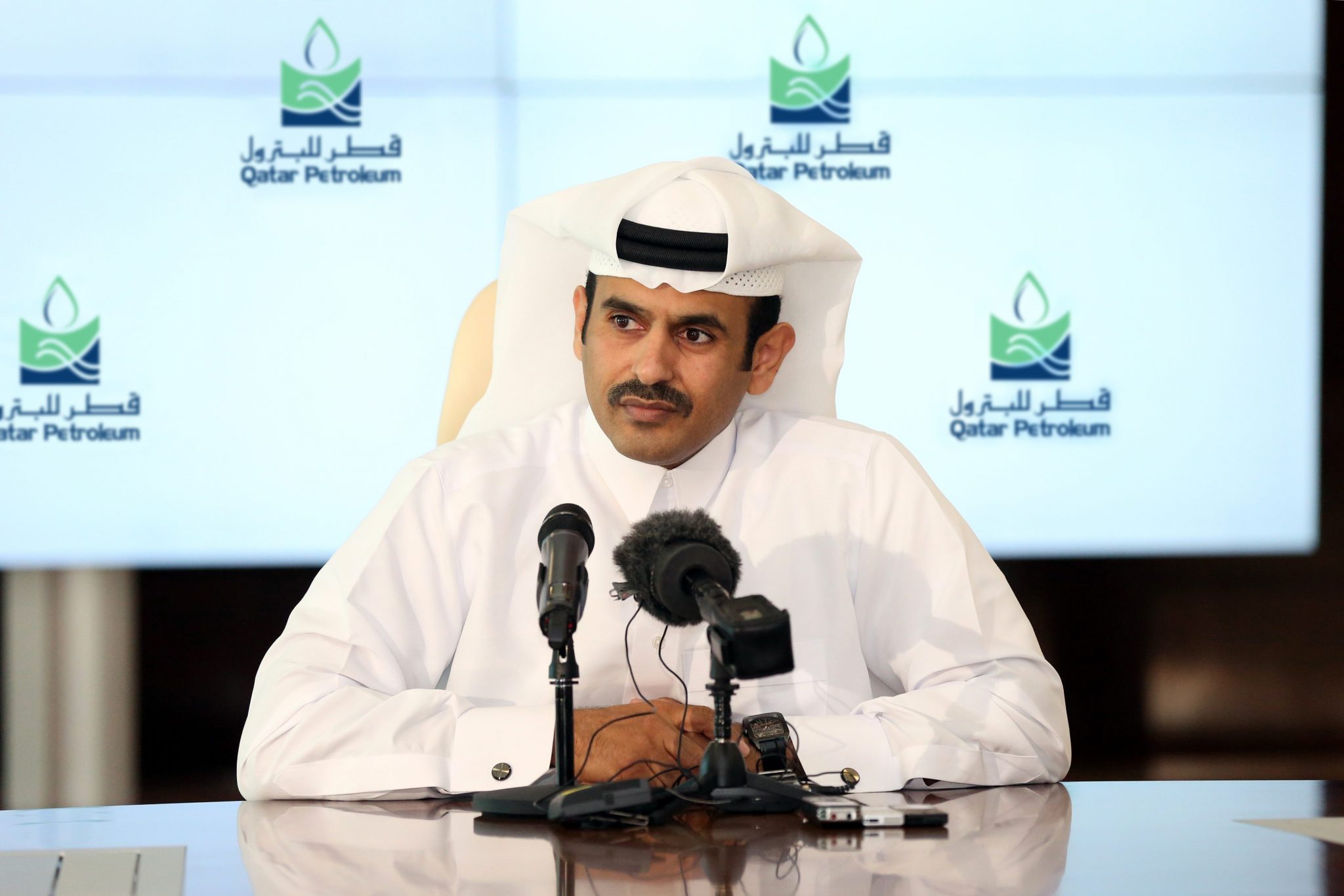Energy officials from Qatar and Turkey are currently attending the event in the UAE, in a sign of improving ties with the Emirates.
Qatar’s Energy Minister Saad Al-Kaabi said Doha has no plans to return to the Organization of the Petroleum Exporting Countries [OPEC] following its withdrawal in 2019.
Al-Kaabi’s statement was made at the three-day Gastech conference at Dubai’s World Trade Centre – the world’s leading exhibition and conference supporting the gas, LNG, hydrogen and energy industry.
Qatar announced its withdrawal from OPEC in December 2018 amid a GCC crisis that was triggered by an illegal air, land and sea blockade on Doha by its neighbouring Saudi Arabia, Bahrain, the UAE and Egypt.
By January 2019, Qatar formally left the bloc of 15 oil-producing countries after decades of trade.
While the withdrawal was seen as a direct response to the blockade, officials said the decision was made in order to allow Qatar to develop and increase its natural gas production.
Currently, Qatar is moving towards becoming the largest LNG producer by 2030 through its $28.7 billion North Field Expansion project – the biggest such project in the world.
This is set to raise Qatar’s LNG production capacity from 77 million metric tonnes per year to 110 million metric tonnes per year by 2025.
Speaking at the conference in the UAE, Al-Kaabi said he believes the latest spike in gas prices reflect a lack of investment in the industry and a shortage of supply, though downplayed concerns of this being a ‘crisis’.
“There is a huge demand from all our customers, and unfortunately we cannot cater for everybody. Unfortunately, in my view, this is due to the market not investing enough in the industry,” said the President of Qatar Petroleum.
Responding to a question on the duration of the increase in gas prices, Al-Kaabi said he hopes this would not last long.
“We don’t want these high prices, we don’t think it is good for the consumers. We don’t want $2 and we don’t want $20, we want to have a reasonable price that is sustainable,” he said.
Al-Kaabi’s visit to the UAE was the first by a high-level Qatari official following the restoration of ties on 5 January, when the former blockading quartet signed the Al-Ula Declaration in Saudi Arabia to end the GCC crisis.
Last month, the UAE’s National Security Adviser Sheikh Tahnoun bin Zayed Al Nahyan, also brother of Abu Dhabi’s crown prince, met with Qatar’s Amir Sheikh Tamim bin Hamad Al Thani in Doha.
It was also the first visit of its kind by a UAE official to Qatar since the blockade.
Turkey’s Deputy Minister of Energy and Natural Resources Alparslan Bayraktar is among the attendees at the conference in Dubai, yet another indication of progress in ties between Ankara and Abu Dhabi following tensions from proxy conflicts, namely in Libya and Syria.
Days after the 2017 embargo on Qatar, the blockading quartet issued a list of 13 demands for Doha – among which was an order to sever its ties with Turkey and Iran.
Since the rapprochement, the same countries have appeared to show willingness to reconcile with Turkey and Iran, with Qatar proposing to act as a mediator between the rival states.
A week before meeting Sheikh Tamim, Sheikh Tahnoun was in Turkey following months of rare talks with Turkish President Recep Tayyip Erdogan over mutual investments.
Follow Doha News on Twitter, Instagram, Facebook and Youtube







